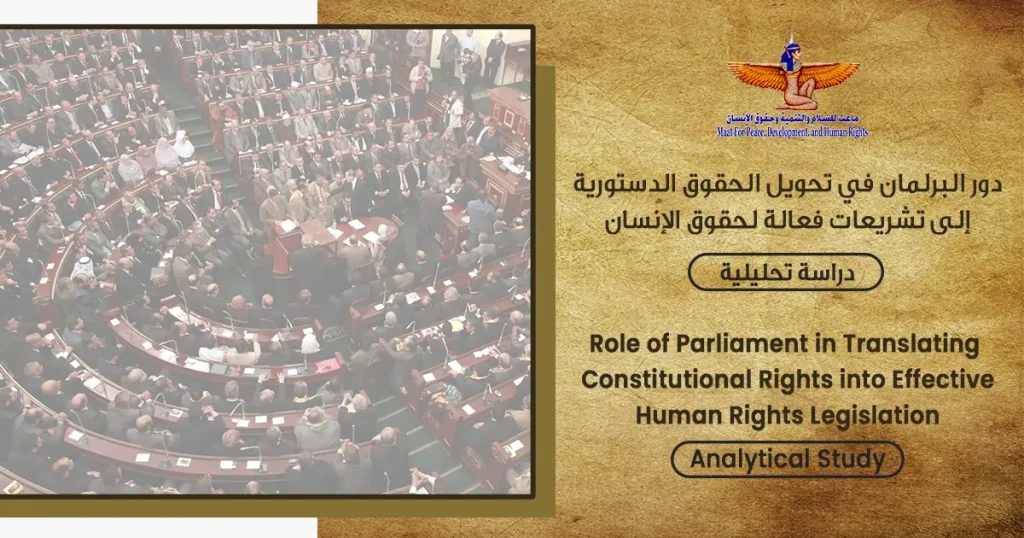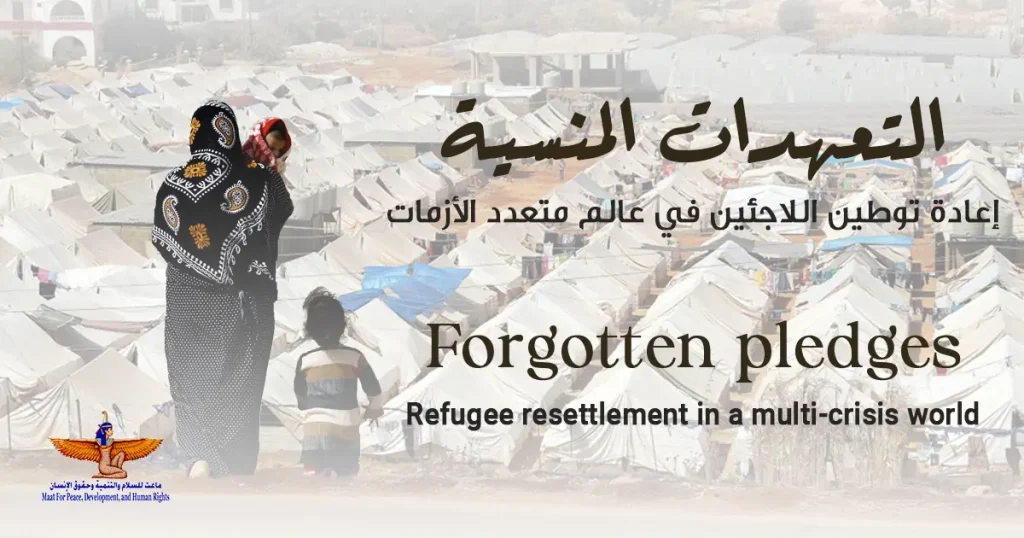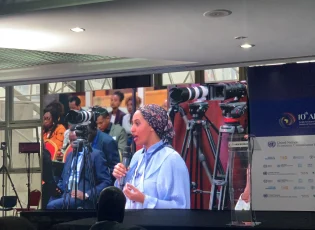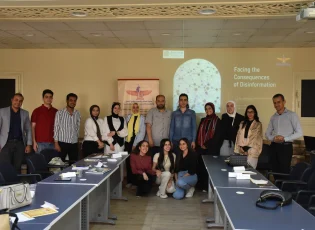Introduction
International financial institutions such as the International Monetary Fund, the World Bank and the regional development banks have been the most powerful agents of economic reform in the world in the past four decades by setting many of the financial standards through which public policies in developing countries operate through so-called structural adjustment programmes. By acting as lenders to countries, these institutions have become a last resort for countries with unsustainable levels of public debt.
However, as a result of the economic reform programs accompanying the loans, countries have taken many austerity measures that have caused many harmful effects on citizens. Moreover, in exchange for financial assistance, borrowing countries must settle on a list of often "painful" political reforms. This practice has given international financial institutions significant political influence over governments around the world and in a wide range of policy areas that have a direct impact on human rights, as these reform programs or what is known as structural adjustment programs undermine the enjoyment of civil, political and labor rights.
This study attempted to analyze the extent to which international and regional financial institutions adhere, in their financial policies towards countries, to the preventive frameworks to protect and promote human rights and limit violations?
![]()
 |










